Talk of the Town

Mike Altman, who teaches at the University of Alabama’s Department of Religious Studies, has been reading our recent exchanges on the use of the word “data.” In fact, he’s proposed that a working group at the American Academy of Religion, devoted to technology in the Humanities, think a little about their own use of the term.
Learn more here.

We’ll Be Right Back…
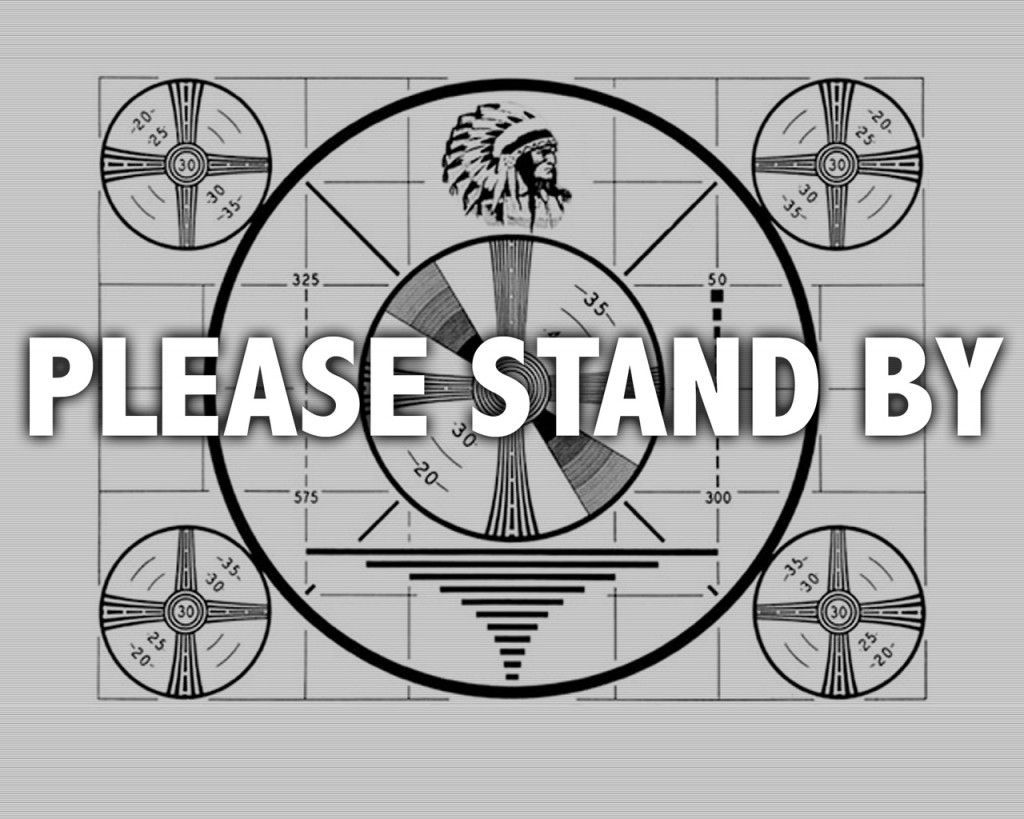 With a conference in Baltimore followed immediately by a national Fall harvest festival where many of our members live (American Thanksgiving, that is), well, we figured that a brief hiatus is necessary while some of us eat, catch-up on email, and reshuffle the alphabet for more posts from the Edge in the future. Continue reading “We’ll Be Right Back…”
With a conference in Baltimore followed immediately by a national Fall harvest festival where many of our members live (American Thanksgiving, that is), well, we figured that a brief hiatus is necessary while some of us eat, catch-up on email, and reshuffle the alphabet for more posts from the Edge in the future. Continue reading “We’ll Be Right Back…”
Find the Edge in Baltimore

Hoping to snag a button? Then find us in Baltimore.
Friday:
Craig Martin will be responding at North American Association for the Study of Religion Panel 2: Critically Engaged: Graduate Pedagogy in the Introductory Classroom (P22-209) on Friday, 1:30 – 3:30 pm in the Hilton Baltimore (Blake Room). Continue reading “Find the Edge in Baltimore”
I Like the Edge
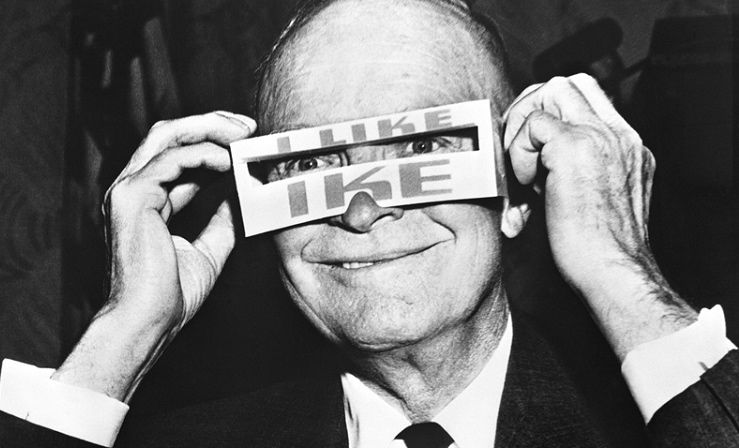 We’re all near the Edge–but how close are you?
We’re all near the Edge–but how close are you?
If you get an Edge button in Baltimore, during late-November’s annual meeting of the American Academy of Religion/Society of Biblical Literature, then we’d like to see you proudly wearing it (only photos that grandma would approve of, please).

So send us a pic, tell us who you are, what you’re studying/working on, and what school you’re associated with (are you a student? faculty? internet start-up billionaire looking for a good investment?), and we may just post it on our Facebook page (you can tag yourself) or here on the blog.
Attach a digital pic and send it to edge@ua.edu.
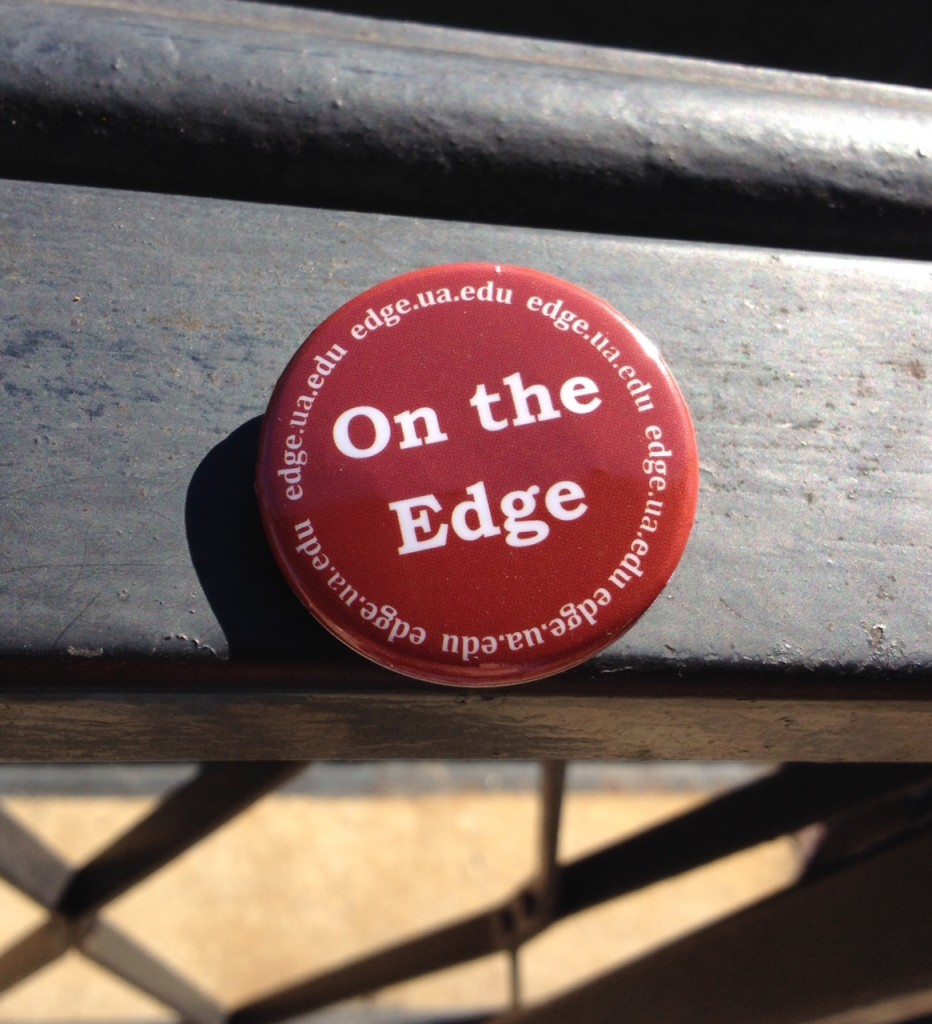
Get Poked
 Looking for a Culture on the Edge button while at the annual meeting of the American Academy of Religion/Society of Biblical Literature next week? Then consider stopping by the book display and finding the Equinox Publishers booth. There’s bound to be some there.
Looking for a Culture on the Edge button while at the annual meeting of the American Academy of Religion/Society of Biblical Literature next week? Then consider stopping by the book display and finding the Equinox Publishers booth. There’s bound to be some there.
 And while you’re there, consider whether your own work fits the larger project that we’re working on, here at the Edge. We have a book series with Equinox (edited by our own Steven Ramey) and we’re eager to consider proposals, for both monographs and essay collections, that explore the ongoing work of identification across a variety of historical and social sites.
And while you’re there, consider whether your own work fits the larger project that we’re working on, here at the Edge. We have a book series with Equinox (edited by our own Steven Ramey) and we’re eager to consider proposals, for both monographs and essay collections, that explore the ongoing work of identification across a variety of historical and social sites.

Button, Button, Who’s Got the Button?
 You know you want one.
You know you want one.
But how to find us in Baltimore, to get one…?
More soon….
The Jurisdiction of the Edge
Meaningless Surveys: The Faulty Mathematics of the Nones
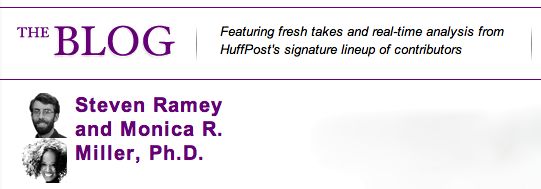 Culture on the Edge’s Monica Miller and Steven Ramey co-authored the following post,
Culture on the Edge’s Monica Miller and Steven Ramey co-authored the following post,
published originally at the Huffington Post on November 7, 2013.
People unaffiliated with a religion, commonly grouped as the ‘Nones’, are all the rage right now and have beckoned responses from faith leaders to philosophers and scholars of religion. Common among such responses is an unwavering and uncritical belief in the statistical reality of this group; very few, in our opinion, have questioned how this group came to exist in the laboratory of statistical analysis and myopic survey questions. Most recently, a series on the New York Times Room for Debate page featured references to the Nones and the similar Pew report on the status of Judaism in America. However, the methodological basis for all of this excitement is actually quite thin. Continue reading “Meaningless Surveys: The Faulty Mathematics of the Nones”
On the Modernity of History
 Andie Alexander, Culture on the Edge’s Curator, has posted once again on the Grad Blog for the Department of Religious Studies at the University of Alabama on how present interests drive historical narratives.
Andie Alexander, Culture on the Edge’s Curator, has posted once again on the Grad Blog for the Department of Religious Studies at the University of Alabama on how present interests drive historical narratives.
Take a look.

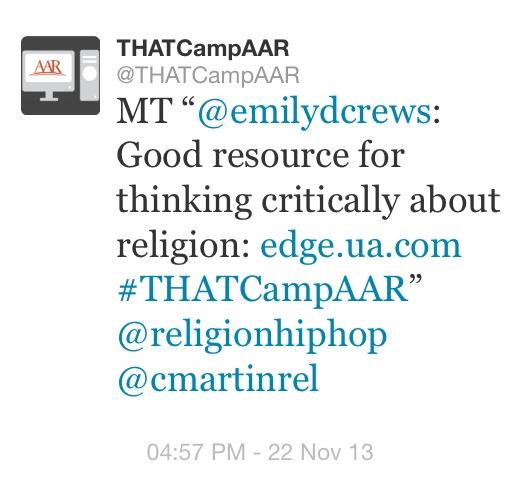
 See the make-over to which Travis refers
See the make-over to which Travis refers